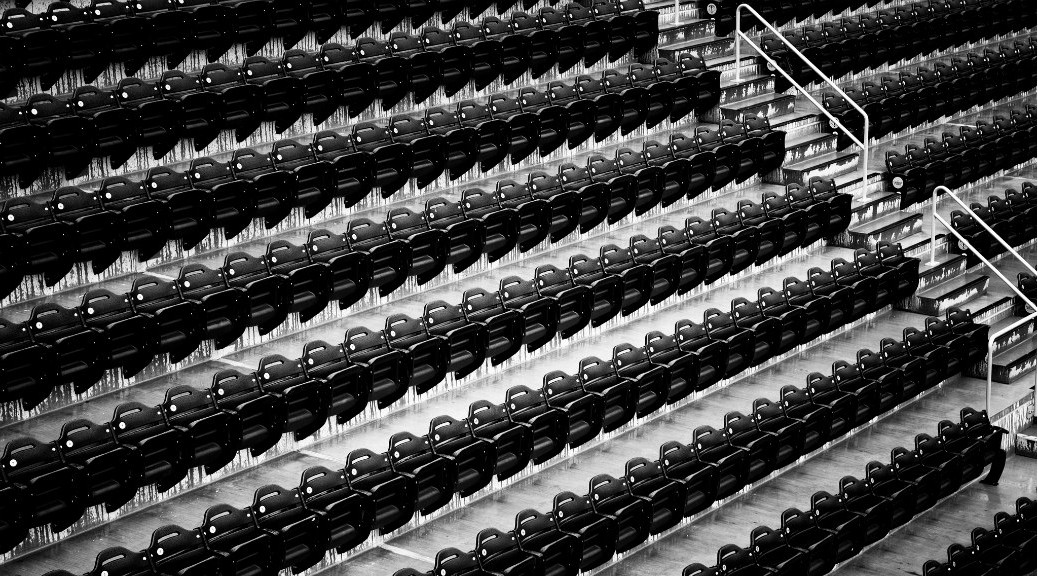"Good pitching beats good hitting," the saying goes. "TINSTAAPP," might be the rejoinder.
Derek Falvey no longer works for the reigning American League Champions. As of today Falvey is in charge of the worst team in baseball. The newly-installed Executive Vice President & Chief Baseball Officer of the Minnesota Twins, Falvey has been credited with a substantial role in the development of the pitching program that provided the bedrock of his former team's success. He announced his first hire, Thad Levine, who will be the Twins' General Manager and Senior Vice President. Levine's previous duties in Texas included international scouting, player acquisition, roster composition, contract negotiations, and statistical/financial analysis. Rob Antony, the now-former interim GM, was considered the contracts expert in former GM Terry Ryan's cadre of longtime assistants and former GMs. Antony's new duties have not yet been defined. The continued involvement of Terry Ryan, Bill Smith, Wayne Krivsky, Mike Radcliff, Deron Johnson, Brad Steil, and even Jack Goin appear to be open questions.
As I contemplated the rosters of Cubs and their opponent last night, I felt the first major question of this new era of Twins baseball hit my mind with full force:
Will the Twins follow the pattern of Falvey's old team and stress the development of a raft young pitchers as the prime motivator of a run at contention. The Twins' ballpark might be well-suited to this approach, but the volatility of young arms suggests a substantial amount of assumed risk in that strategy.
Or will Falvey shift gears and attempt to fix a player development program that has left talented young position players spinning their wheels in a constant revolving door between Minnesota and the minor leagues? Said another way, will Falvey's plan be to develop a core of talented young position players like the Cubs, and then buttress it with a pitching staff assembled through smart acquisitions and signings?
Of course, it's simply too early to know. What we'll learn about Falvey's roster construction approach first will be informed by the more mundane, familiar offseason questions: Which veterans are tendered a contract? How does the club approach and weather arbitration? What does the front office say about the 2017 roster?
But it seems worth discussing, in the (small?) window we have before things begin to take shape under Falvey's guidance, the merits and pitfalls of each approach, or how – and to what degree – we might like to see them applied to the organization. This is a pivotal moment in the existence of our favorite franchise. It's the first gust of truly fresh air through a front office that has been intellectually stagnant & compositionally fetid for over a decade, a front office that was working off a plan that traced its origin back to the mid-1980s and its conventions back to pre-integration baseball. The twenty-first century, it seems, may have finally arrived for the Minnesota Twins.
The clubs that concluded the World Series last night offer two compelling patterns. For the first time in a long while, there is an exciting amount of uncertainty around the Twins.

